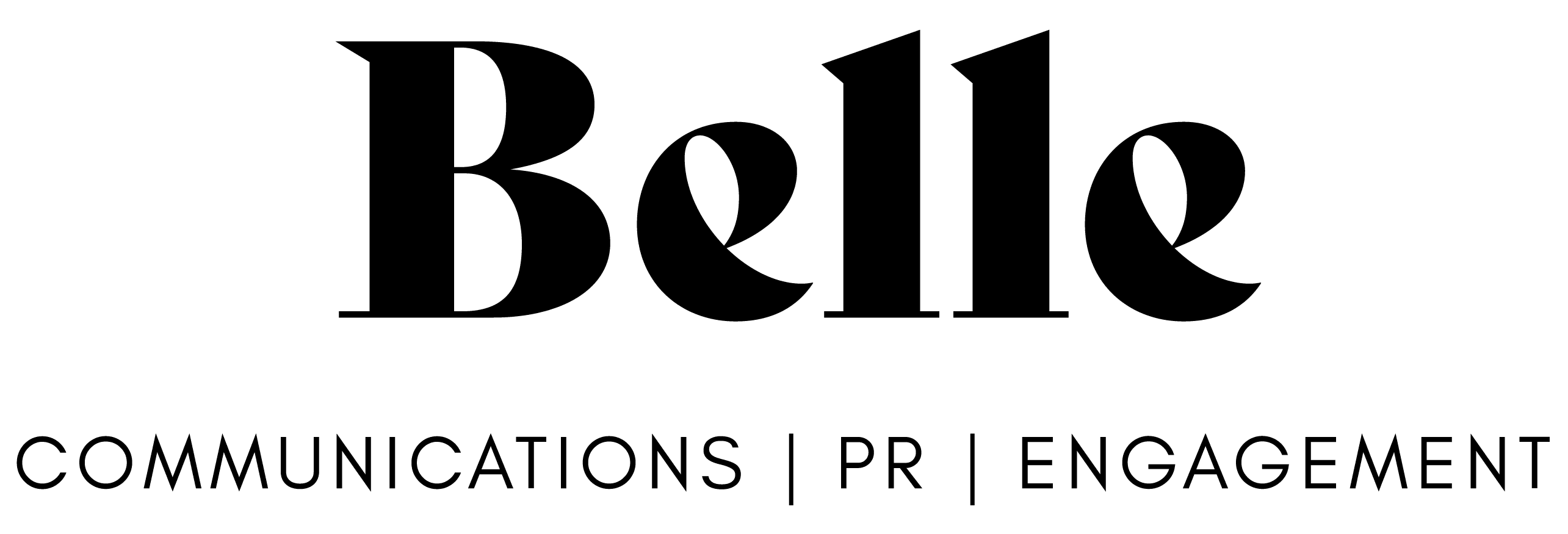New Zealand’s swift move back to Alert Level 4 on 18 August due to the latest COVID-19 community outbreak has bred uncertainty and emotional disruption for many kiwis.
In times like these, people need timely and consistent information. They need an understanding of what’s transpiring and what they need to do.
In the workplace, employees need transparency, guidance and help to make sense of what is happening. The words and actions of leaders can help make people feel safe, more comfortable adjusting to change, and connected.
Here in the Waikato, we will be moving back to Level 3 at 11.59pm on Tuesday evening, while Auckland and Northland will remain at Level 4. Depending on what type of business you’re working in, some of you might be preparing to operate at Alert Level 3, some of you will continue to work from home, while others may still be unable to work at Alert Level 3.
Either way, how you meet the information needs of staff during times of uncertainty will impact how effectively they manage during this period.
The good news is that most of the fundamental tools of effective internal communication still work during times like these.
Here are some guidelines.
Give employees the information they need, when they need it
New Zealand’s situation is changing day-to-day and so are your employees’ information needs. With so much national messaging, it’s important you update staff on any major changes as soon as possible so they understand the impacts. This includes information about when staff can expect to return to work, any key health and safety measures in place, how they will work at different alert levels, and what support you are providing.
Be clear and make it simple
In times of crisis, people’s capacity to retain information can sometimes be limited. Focus your messaging on keeping staff safe and healthy. Keep the language simple. Then repeat, repeat, repeat. Communicate through multiple channels to make information accessible. Try not to overshare information being circulated by multiple other government departments, news sources and social media, as this could make staff switch off.
Be open and transparent
Staff want a leader who they can trust in tough times. Be relatable - don’t be afraid to show vulnerability and show your human side. Be honest and transparent about the situation for your organisation and the team, and discuss where things currently stand openly where possible.
Strengthen connection and stick to your normal routine
Keep in regular contact with all staff by phone, Teams or Zoom, including those staff working from home. This is vital for wellbeing. It will also ensure staff feel supported and connected with the rest of team.
As much as possible, treat this as business as usual. Continue with normal scheduled team meetings and stick to the existing internal communications plan much as possible. For example, if you normally have an all-organisation team meeting once a month, simply move it online. In periods with a huge amount of change, anything you can do to provide a sense of normality will be valued by staff.
Point staff to what happens next
Eventually we will return to normal (or a new normal) so help your staff make sense of what that will look like. Establish a clear vision or pathway for how the organisation and the team will come out of lockdown and recover to a normal way of working.
Keep things light
The way you communicate and engage with staff doesn’t always need to be formal and overly serious. Sure, it is important to be professional, but remember that people can be impacted by change in different ways, and keeping things light can be very refreshing. If you are usually a social organisation, why not make time for a social catch up online.
I acknowledge that in times of rapid change, leaders can be time pressured. If nothing else, try to give your direct reports a quick phone call each day to ‘check in’ and make sure they are ok. Seldom will they find this annoying.
Take care everyone and sing out if you need any help with your internal communications at this time.

